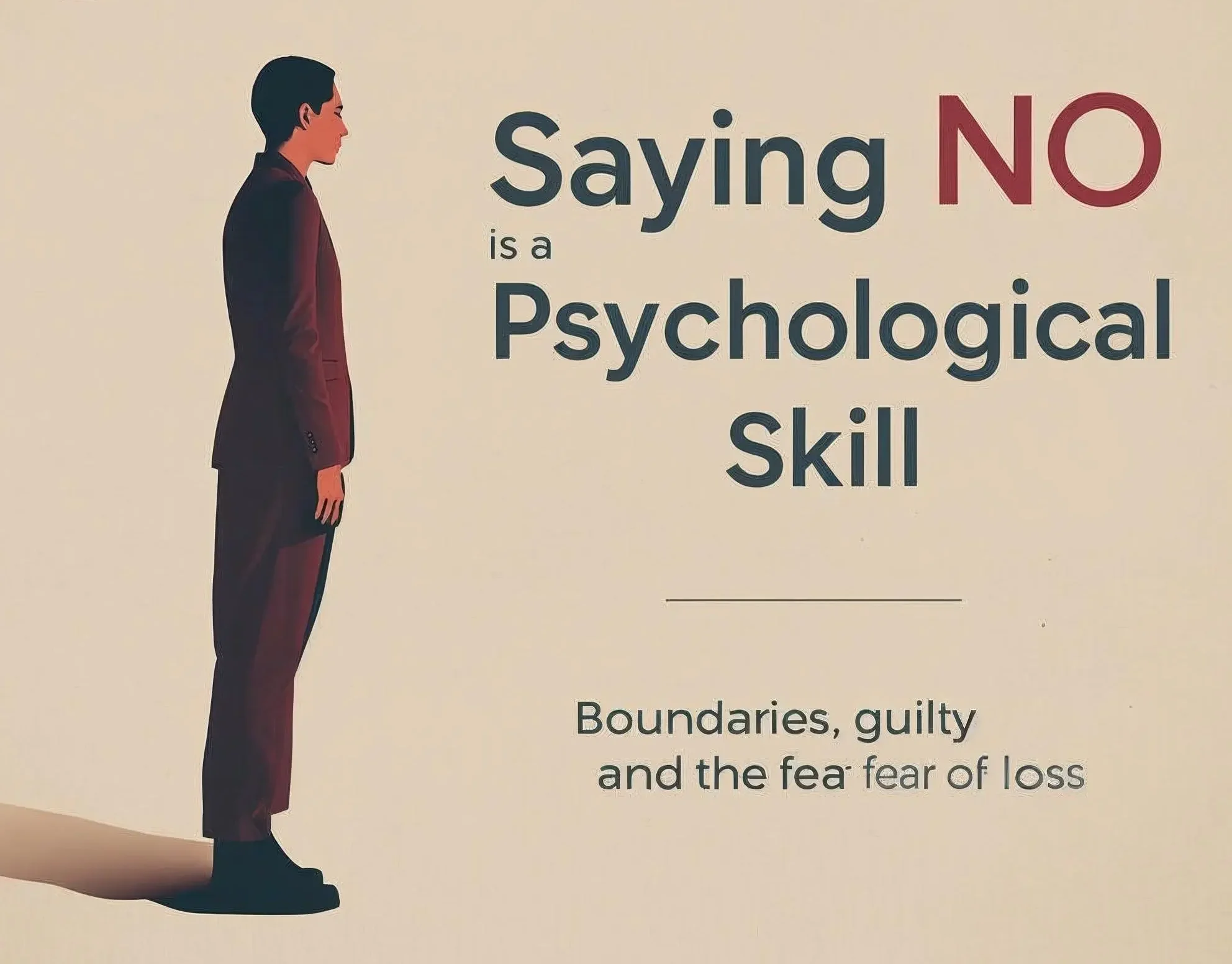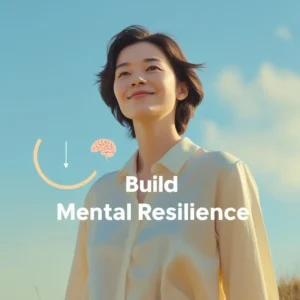Human Behavior
Blog
Cognitive psychology
Human
Wellbeing
behavior change, change psychology, change yourself, cognitive behavioral therapy, Emotional Intelligence, growth mindset, influence through change, Inner Peace, Mental Health, Mindset Shift, Personal Growth, psychology quotes, self awareness, self improvement, transformation
Dona T
0 Comments
Change Yourself, Change Everything: The Effect of Inner Transformation
We’ve all heard it before: “You can’t control others; you can only control yourself.” While it might sound like a cliché, psychology strongly supports this idea. The quote “All you can change is yourself, but sometimes that changes everything” reflects a fundamental truth of human behavior: real transformation begins within. When we shift our mindset, behavior, or emotional response, the world around us often shifts too. This post explores how changing yourself can impact your relationships, career, and mental health, supported by psychological insights and real-life examples.
Why Can’t We Change Others?
Humans are complex, autonomous beings with their own values, perceptions, and motivations. According to Self-Determination Theory (Deci & Ryan, 1985), people are driven by intrinsic motivation and the need for autonomy. Trying to control others often leads to resistance or conflict, because it threatens their sense of freedom.
That’s why attempting to change a partner, coworker, or friend can feel like hitting a wall. Psychology reminds us that change is only lasting when it’s self-directed.
But When You Change Yourself…
Here’s the paradox: when you stop trying to control others and focus on your own thoughts, emotions, and behaviors, relationships and environments often improve. This is where cognitive-behavioral principles come in. By changing how you think and respond, you influence the system around you.
Let’s look at some practical examples.
Example 1: The Power of Emotional Regulation in Conflict
Imagine you’re in a relationship where arguments often escalate. You’ve tried reasoning, persuasion, even emotional appeals, but nothing seems to work. So instead, you decide to work on yourself.
You begin practicing emotional regulation techniques like deep breathing, pausing before reacting, and reframing negative thoughts. The next time a conflict arises, you remain calm and respond instead of reacting. Surprisingly, your partner also starts to mirror your calmness. Over time, the tone of your conversations becomes more respectful.
What changed? Just you. But that inner shift altered the dynamic of the relationship. According to social contagion theory, emotions are contagious, your calmness can influence the emotional state of others without you saying a word.
Example 2: Shifting Mindsets in the Workplace
Consider someone frustrated with their job, feeling unrecognized and demotivated. They can’t change their boss or coworkers. But instead of quitting, they change their mindset. They start focusing on their own growth, set small goals, and take pride in their progress. They begin showing up with a more positive attitude and volunteering for new projects.
Within months, their manager notices the change and offers more responsibility. A colleague who once seemed competitive now seeks collaboration. What shifted the situation? A change in attitude, internally driven but externally impactful.
This aligns with Carol Dweck’s growth mindset theory: people who believe they can improve tend to take actions that lead to better outcomes, which then creates ripple effects in their environment.
Example 3: Parenting Through Self-Change
A mother constantly battles with her teenage daughter over rules and curfews. Nothing works, until the mother starts working on her own communication style, using active listening and empathy instead of commands and criticism.
Suddenly, her daughter becomes more open, less defensive, and even initiates conversations. The mother didn’t change her daughter, she changed herself, and that softened the relationship.
This is supported by attachment theory, which emphasizes that responsive caregiving creates secure relationships. By changing her behavior, the mother created a safe emotional space for her child.
The Butterfly Effect in Psychology
This phenomenon, where a small internal change leads to widespread external shifts, is similar to the butterfly effect in chaos theory: one small change in a complex system can have massive consequences.
In psychology, this is often seen in systems theory, which views individuals as part of a larger social system. When one person in a family or team changes their behavior, it affects the entire system.
Practical Tips for Self-Change That Impacts Everything
- Practice mindfulness – Self-awareness is the first step to changing how you react.
- Challenge your thoughts – Use cognitive restructuring to see problems differently.
- Respond, don’t react – Give yourself space before acting in emotional situations.
- Set personal goals – Focus on your growth instead of trying to “fix” others.
- Model the behavior you want – Others may follow your example.
I don’t want this to be just a dry list of what to do. Inner growth needs to be supported by both practical work and theory.
Psychological Theories Supporting Inner TransformationЧ
1. Self-Determination Theory (SDT) – Deci & Ryan (1985)
SDT posits that individuals are motivated by three innate psychological needs: autonomy, competence, and relatedness. When these needs are fulfilled, people experience enhanced self-motivation and mental well-being. Focusing on changing oneself aligns with SDT, as it emphasizes internal motivation over external control.
2. Growth Mindset – Carol Dweck
Dweck’s research indicates that individuals who believe their abilities can be developed through dedication and hard work (a growth mindset) are more likely to achieve success than those with a fixed mindset. Adopting a growth mindset empowers individuals to embrace challenges and persist in the face of setbacks. Reddit
3. Attachment Theory – Bowlby & Ainsworth
Attachment theory emphasizes the importance of a secure bond between caregivers and children. Responsive caregiving leads to secure attachment, fostering emotional regulation and resilience. In adulthood, secure attachment styles contribute to healthier relationships and better emotional health. Massage Mastery Online+3Allure+3heysleepybaby.com+3PositivePsychology.com+5Verywell Mind+5heysleepybaby.com+5
4. Emotional Contagion
This phenomenon describes how individuals can ‘catch’ emotions from others, leading to synchronized emotional states within groups. By managing one’s own emotions, a person can positively influence the emotional climate of their environment.
5. Family Systems Theory – Bowen
This theory views the family as an emotional unit, where changes in one member’s behavior can influence the entire system. By altering one’s own behavior, an individual can initiate positive changes within the family dynamic. thebowencenter.org
Conclusion: The Power Is Within
Psychology teaches us that change starts from within. While you can’t control the world, you can control how you show up in it. And often, when you do, the world around you responds in kind.
So the next time you feel stuck or powerless in a situation, remember: “All you can change is yourself, but sometimes that changes everything.” That’s not weakness, that’s power.
References:
- “Mindset: The New Psychology of Success” by Carol S. Dweck
Explores how our beliefs about our abilities can influence our success and how adopting a growth mindset can lead to personal and professional growth.Growth Engineering+1PubMed+1 - “Intrinsic Motivation and Self-Determination in Human Behavior” by Edward L. Deci and Richard M. Ryan
Delves into the principles of SDT and how intrinsic motivation drives human behavior.apa.org+4stial.ie+4selfdeterminationtheory.org+4 - “The 7 Habits of Highly Effective People” by Stephen R. Covey
Provides insights into personal and interpersonal effectiveness, emphasizing the importance of proactive behavior and self-renewal. - “Emotional Intelligence: Why It Can Matter More Than IQ” by Daniel Goleman
Discusses the role of emotional intelligence in personal and professional success, highlighting self-awareness and self-regulation. - “The Power of Now: A Guide to Spiritual Enlightenment” by Eckhart Tolle
Focuses on the importance of living in the present moment and how this awareness can lead to personal transformation.















Post Comment